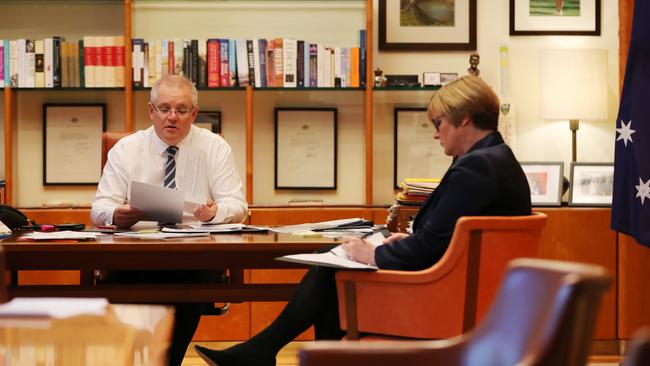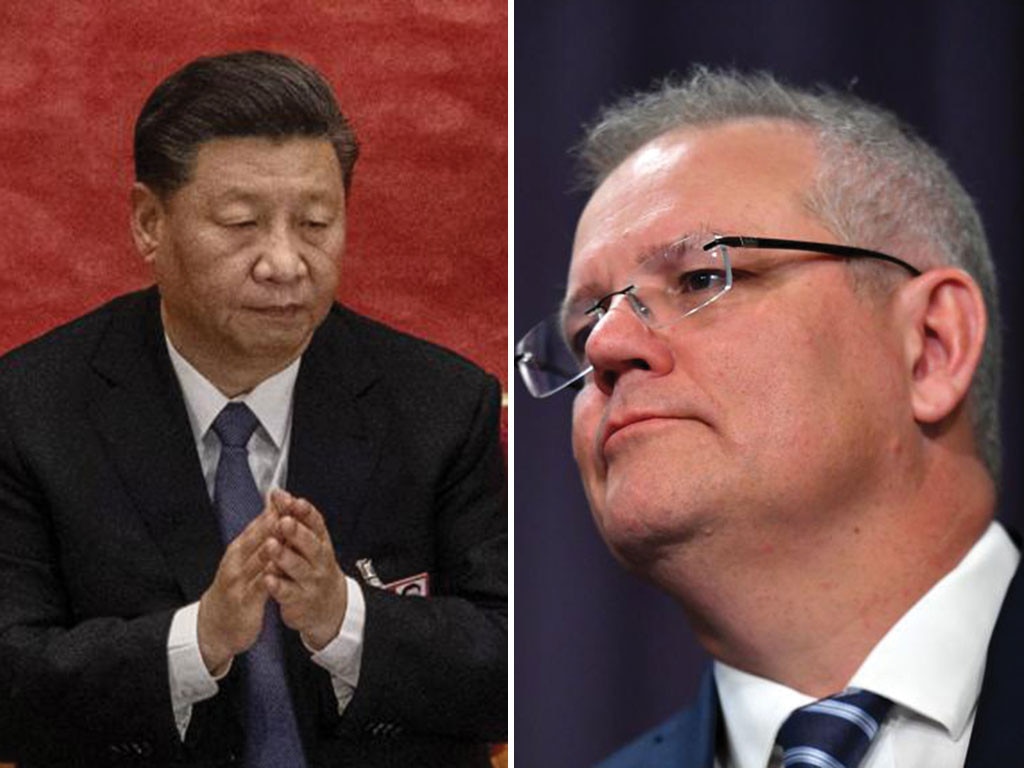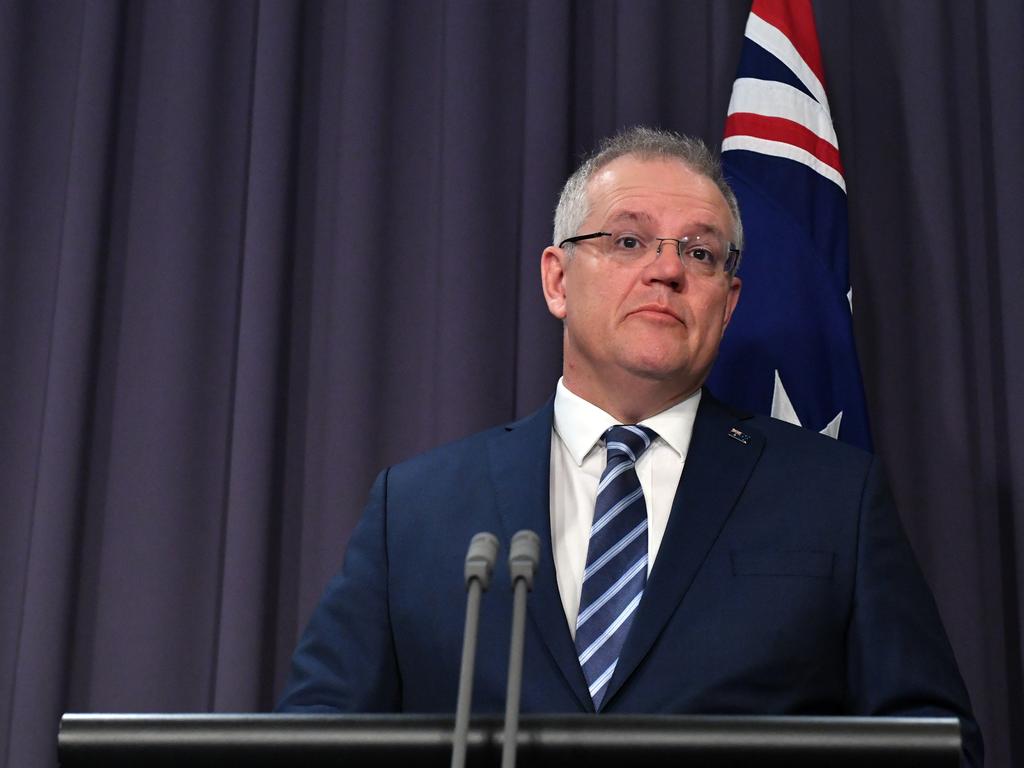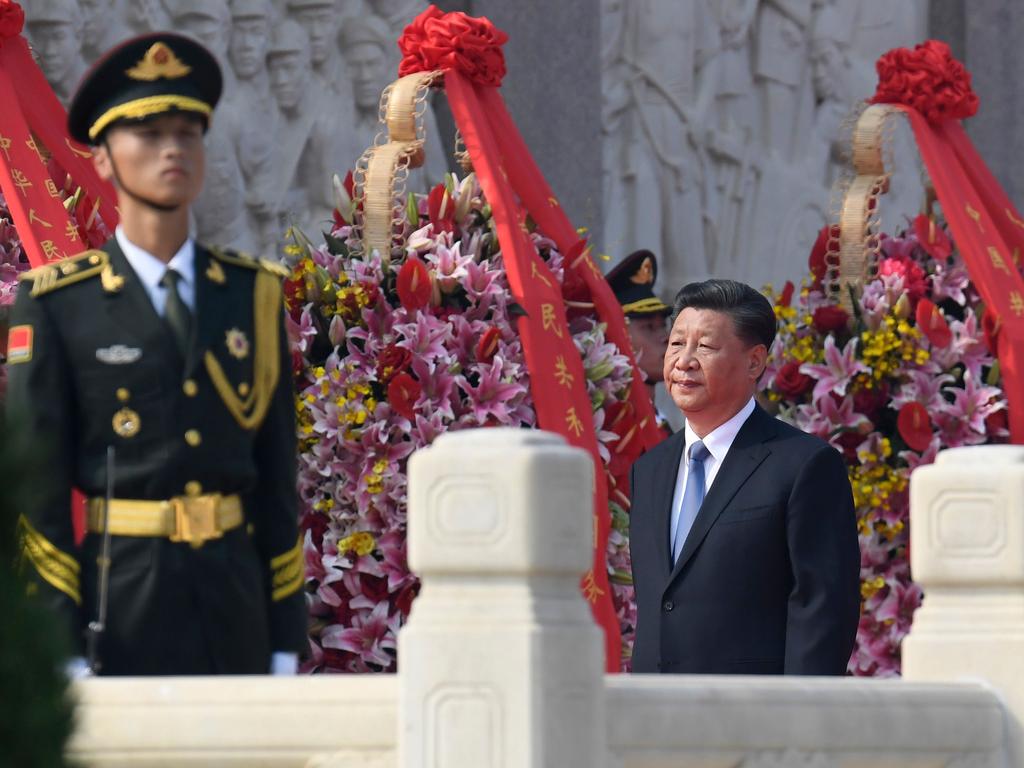
Firstly, he didn’t need to.
“There aren’t too many state-based actors who have those capabilities,” he said.
People will come to their own judgment about that statement.
Either way, the Prime Minister has put Beijing on notice without actually doing so.
At the same time, he has alerted the rest of the world to the alarming escalation in cyberspace espionage and foreign interference.
The significance of this needs to be appreciated by every Australian.
Morrison was forced on Thursday night to postpone several scheduled international calls to hold a national security committee meeting, presumably after the Australian Signals Directorate sent it up the chain of command.
The NSC decided the attack was serious enough to warrant public disclosure. Morrison clearly believed it needed to be taken out of the shadows. But language was crucial. The PM was careful with his words. But the message was as blunt as they come.
The sophistication used in the attacks is such that the intelligence agencies know with reasonable certainty who is doing it. But they cannot be absolute.
It’s a mug’s game. Meeting the standard of proof required to prove beyond doubt and go to the next level with an explicit accusation would require giving away our secrets and technical capabilities.
Exposing hostile states when they engage in cyber espionage has also proven to be ineffectual.
Five Eyes countries agreed in 2018 that countries should be publicly exposed every time they tried it on. It hasn’t made them stop, and isn’t going to.
Strategically, Morrison is playing the smart game. If indeed the Chinese Communist Party is behind it, and Morrison had said so explicitly, he would have only invited an indignant and bellicose response which would have put Australia under pressure to prove it. This should not be interpreted as a fear of offending Beijing. Morrison gets the same outcome without appearing to be hostile, while maintaining the diplomatic truth that Canberra has done nothing to harm the relationship.
That is not to say the national interest may at some point in the future see the government deliver a more explicit admonishment.
Morrison’s decision to expose the industrial-scale hack was to again warn people about the changed world we all live in. This sort of activity is the new reality. Under the rules of the new cold war, a computer can effectively do the work of 100 human spies
The alarming scope and scale of the attacks has sought to draw more people, structures and institutions into the net. But the intelligence and defence establishment will tell you the increasing malevolence goes much deeper than just cyber-related activity.
When the cyber security strategy was launched in 2016 by Malcolm Turnbull, the country was put on notice this threat was serious. It also marked a shift in strategic posturing. For the first time, the Australian government became one of the first Western countries to publicly acknowledge it had offensive cyber capability. The subtext was that not only did we have this military capability, we were using it.
This signalled that Australia, widely regarded by allies as having seriously good capability, was no longer going to sit by passively, using a defensive footing, to detect and stop attacks. Offensive capability needs little interpretation.
The secondary purpose to Morrison’s announcement was to send a forceful reminder to industry, business and state and territory governments that they had to ramp up their own capabilities to protect their assets. Everything, from critical infrastructure to big data storage is at risk. Outing China isn’t going change its behaviour. Morrison’s message was as much about getting us to change our behaviour.
While state governments have been working to this end, they have to start taking it much more seriously. And so does business.
Morrison was asked yesterday why he was only alerting the country to this now. If the PM had to make an announcement every time a state-based cyber attack had been committed on Australian assets and interests, he’d be calling a press conference every five minutes.








There were very good reasons for Scott Morrison to not nominate China as the culprit in the cyber warfare currently being waged on Australian governments, industries and businesses.